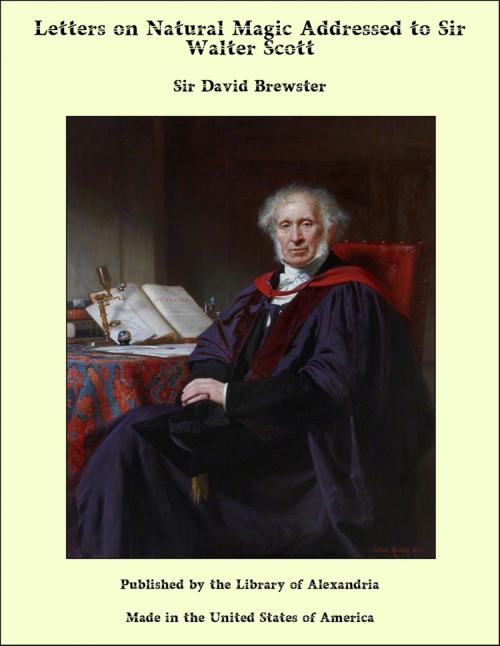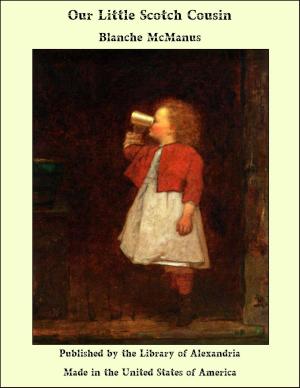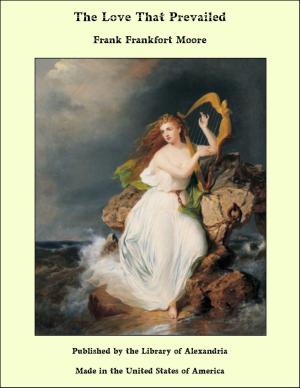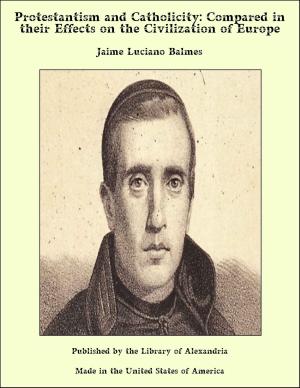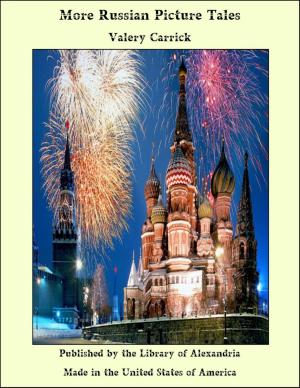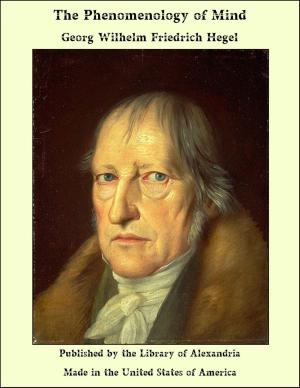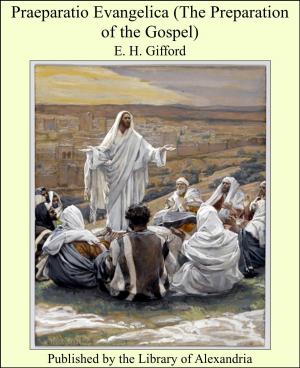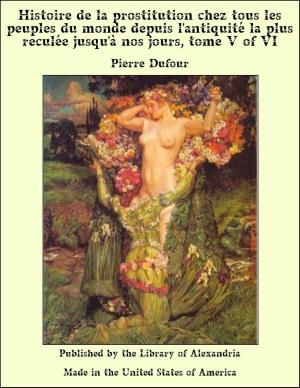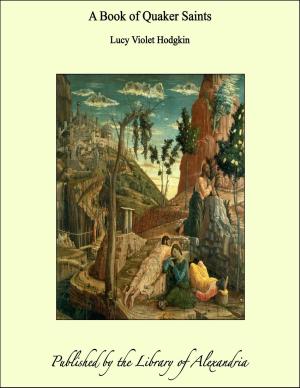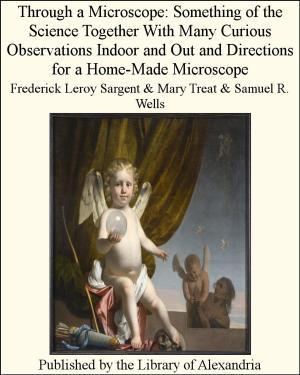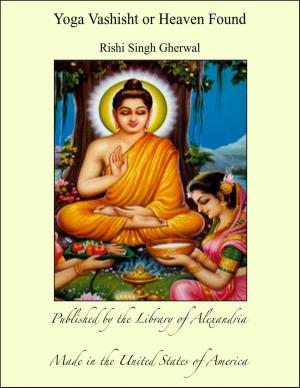Letters on Natural Magic Addressed to Sir Walter Scott
Nonfiction, Religion & Spirituality, New Age, History, Fiction & Literature| Author: | Sir David Brewster | ISBN: | 9781465612953 |
| Publisher: | Library of Alexandria | Publication: | March 8, 2015 |
| Imprint: | Language: | English |
| Author: | Sir David Brewster |
| ISBN: | 9781465612953 |
| Publisher: | Library of Alexandria |
| Publication: | March 8, 2015 |
| Imprint: | |
| Language: | English |
As it was at your suggestion that I undertook to draw up a popular account of those prodigies of the material world which have received the appellation of Natural Magic, I have availed myself of the privilege of introducing it under the shelter of your name. Although I cannot hope to produce a volume at all approaching in interest to that which you have contributed to the Family Library, yet the popular character of some of the topics which belong to this branch of Demonology may atone for the defects of the following Letters; and I shall deem it no slight honour if they shall be considered as forming an appropriate supplement to your valuable work. The subject of Natural Magic is one of great extent as well as of deep interest. In its widest range, it embraces the history of the governments and the superstitions of ancient times,—of the means by which they maintained their influence over the human mind,—of the assistance which they derived from the arts and the sciences, and from a knowledge of the powers and phenomena of nature. When the tyrants of antiquity were unable or unwilling to found their sovereignty on the affections and interests of their people, they sought to entrench themselves in the strongholds of supernatural influence, and to rule with the delegated authority of Heaven. The prince, the priest, and the sage, were leagued in a dark conspiracy to deceive and enslave their species; and man, who refused his submission to a being like himself, became the obedient slave of a spiritual despotism, and willingly bound himself in chains when they seemed to have been forged by the gods. This system of imposture was greatly favoured by the ignorance of these early ages. The human mind is at all times fond of the marvellous, and the credulity of the individual may be often measured by his own attachment to the truth. When knowledge was the property of only one caste, it was by no means difficult to employ it in the subjugation of the great mass of society. An acquaintance with the motions of the heavenly bodies, and the variations in the state of the atmosphere, enabled its possessor to predict astronomical and meteorological phenomena with a frequency and an accuracy which could not fail to invest him with a divine character. The power of bringing down fire from the heavens, even at times when the electric influence was itself in a state of repose, could be regarded only as a gift from heaven. The power of rendering the human body insensible to fire was an irresistible instrument of imposture; and in the combinations of chemistry, and the influence of drugs and soporific embrocations on the human frame, the ancient magicians found their most available resources.
As it was at your suggestion that I undertook to draw up a popular account of those prodigies of the material world which have received the appellation of Natural Magic, I have availed myself of the privilege of introducing it under the shelter of your name. Although I cannot hope to produce a volume at all approaching in interest to that which you have contributed to the Family Library, yet the popular character of some of the topics which belong to this branch of Demonology may atone for the defects of the following Letters; and I shall deem it no slight honour if they shall be considered as forming an appropriate supplement to your valuable work. The subject of Natural Magic is one of great extent as well as of deep interest. In its widest range, it embraces the history of the governments and the superstitions of ancient times,—of the means by which they maintained their influence over the human mind,—of the assistance which they derived from the arts and the sciences, and from a knowledge of the powers and phenomena of nature. When the tyrants of antiquity were unable or unwilling to found their sovereignty on the affections and interests of their people, they sought to entrench themselves in the strongholds of supernatural influence, and to rule with the delegated authority of Heaven. The prince, the priest, and the sage, were leagued in a dark conspiracy to deceive and enslave their species; and man, who refused his submission to a being like himself, became the obedient slave of a spiritual despotism, and willingly bound himself in chains when they seemed to have been forged by the gods. This system of imposture was greatly favoured by the ignorance of these early ages. The human mind is at all times fond of the marvellous, and the credulity of the individual may be often measured by his own attachment to the truth. When knowledge was the property of only one caste, it was by no means difficult to employ it in the subjugation of the great mass of society. An acquaintance with the motions of the heavenly bodies, and the variations in the state of the atmosphere, enabled its possessor to predict astronomical and meteorological phenomena with a frequency and an accuracy which could not fail to invest him with a divine character. The power of bringing down fire from the heavens, even at times when the electric influence was itself in a state of repose, could be regarded only as a gift from heaven. The power of rendering the human body insensible to fire was an irresistible instrument of imposture; and in the combinations of chemistry, and the influence of drugs and soporific embrocations on the human frame, the ancient magicians found their most available resources.
